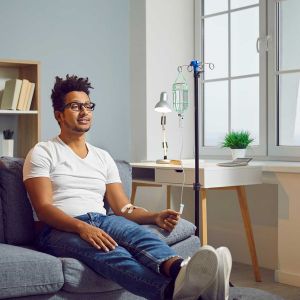Apex Recovery, located in Tennessee, specializes in creating tailored rehab programs for seniors and the elderly. Our expertise ensures that older adults receive the most effective and compassionate care. By addressing the unique needs of this demographic, Apex Addiction Recovery Center provides a supportive environment conducive to healing and recovery for senior clients.
Apex Substance Addiction Recovery Center provides same-day assessments and can quickly verify your insurance for immediate admissions. This streamlined process ensures that you receive prompt attention and care, facilitating a faster start to your recovery journey. Our efficient service model is designed to minimize delays and offer swift, compassionate support to those in need.
What is Geriatric Drug and Alcohol Rehab?
Geriatric drug and alcohol rehab is a specialized form of rehabilitation designed to meet the distinct needs of older adults struggling with substance abuse. This type of rehab considers the physical, emotional, and psychological challenges that seniors face, such as chronic health conditions, cognitive decline, and social isolation.
Elderly addiction recovery programs are designed to provide a supportive and safe environment, incorporating medical care, therapy, and social support to address both addiction and co-occurring disorders. The goal is to improve the quality of life for elderly patients by promoting sobriety, enhancing overall well-being, and fostering a sense of community and connection during the recovery process.
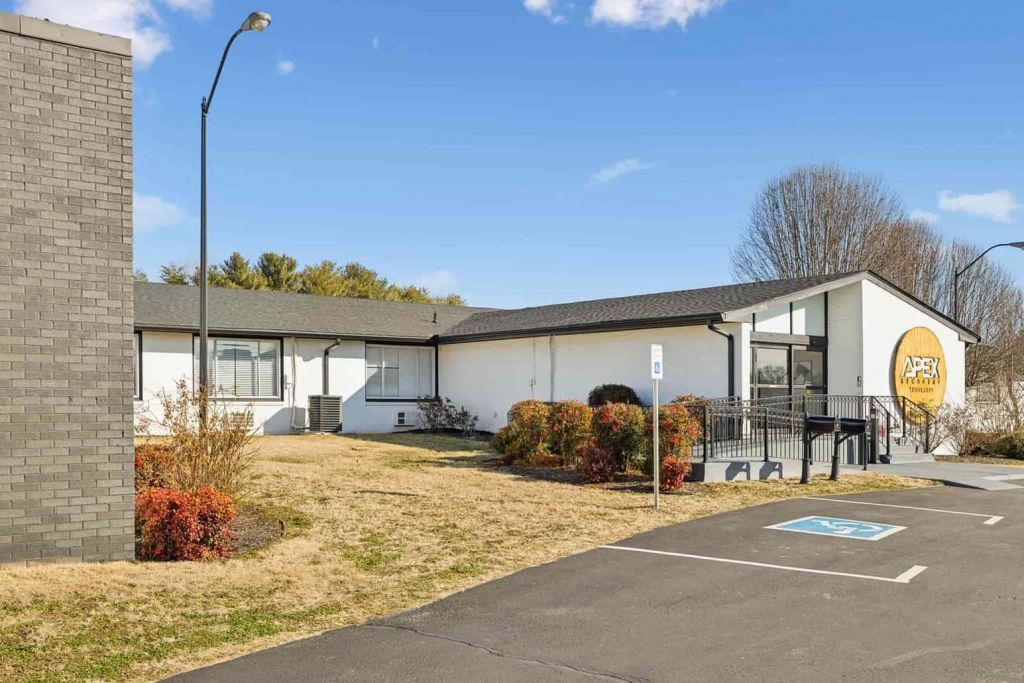
Can Elderly and Seniors Go Into Rehab Treatment?
Yes, elderly and seniors can definitely go into rehab treatment. Many rehab centers for seniors offer specialized programs tailored to the needs of older adults. These programs consider the physical, emotional, and cognitive challenges that come with aging. They provide comprehensive care that addresses chronic health conditions, medication management, and age-related issues.
Additionally, these programs offer senior-focused substance abuse therapy and support designed to enhance the quality of life for seniors, promoting a safe and effective recovery process. By focusing on the specific needs of the elderly, these specialized rehab centers ensure that older adults receive compassionate, individualized senior substance dependence treatment for seniors to help them achieve and maintain sobriety.
Can a Mother and Child Go Into Rehab Together?
Aftercare is an essential part of a recovery plan because it provides sustained support and resources crucial for navigating the complexities of life post-treatment. It bridges the gap between intensive treatment and independent living, reducing the risk of relapse by offering continuous guidance, accountability, and a supportive community focused on long-term sobriety.
This phase of recovery is when people apply the skills learned in treatment to real-world scenarios, which can be challenging. Aftercare offers a safety net through this transition, with access to therapists, support groups, and educational workshops that reinforce coping strategies and healthy lifestyle choices. Additionally, it promotes a sense of belonging and connection with others who share similar experiences, making it easier to overcome obstacles.
Statistics on Rehab Treatment Among Senior Citizens
Nearly one million adults aged 65 and older live with a substance use disorder (SUD), and 7% of rehab admissions are people in this age group. A study found over 80% of seniors use at least one prescription medication daily, with nearly half using more than five medications or supplements. At least 1 in 25 seniors are at risk for major drug-drug interactions.
Over 25% of patients over 50 who misuse prescription opioids or benzodiazepines report suicidal ideation. Additionally, 65% of seniors reported high-risk drinking, with most admissions to treatment centers being alcohol-related. One-third of seniors with SUD developed it later in life, yet they are less likely to seek or be diagnosed for treatment. In 2020, 3.1% of adults aged 50 or older used illicit drugs, and 16.2 million seniors drank alcohol in the past month. There were 14,230 admissions of seniors to substance abuse treatment programs in 2012, showing the need for substance abuse prevention in older populations.




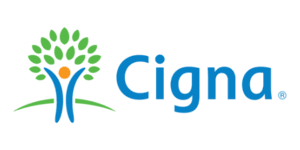

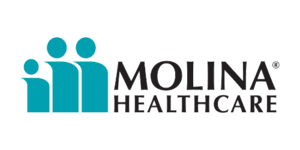
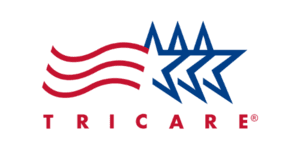
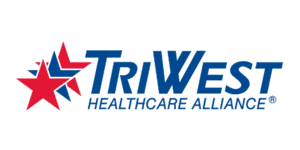

Contact Apex Recovery Tennessee to check your insurance coverage levels for elderly rehab programs.
Does Insurance Cover Alcohol and Drug rehab for Seniors?
Insurance coverage for alcohol and drug rehab for senior citizens varies depending on the person’s insurance plan and provider. Many insurance plans, including Medicare, Medicaid, and private insurance, offer some level of coverage for substance abuse treatment. Coverage may include detoxification, inpatient or outpatient rehabilitation programs, therapy sessions, and medication management.
However, the extent of coverage, including copayments and deductibles, can differ. It’s essential for seniors or their caregivers to check your insurance policy and contact us at Apex Alcohol and Drug Addiction Recovery Center to understand the specifics of your coverage for alcohol and drug rehab for seniors. Call us today at (877) 881-2689 to learn more.
How to Find Geriatric Drug and Alcohol Rehab Facilities Near Nashville, TN
Looking for geriatric drug and alcohol rehab facilities near Nashville, TN? Finding specialized care for older adults is crucial for effective treatment. Start by researching facilities that cater to seniors’ unique needs. Look for programs that offer comprehensive support and medical expertise. Consider location, aging population substance abuse services offered, and reviews to find the best fit.
To find geriatric drug and alcohol rehab facilities near Nashville, TN, follow these steps:
- Online Search: Begin with an online search using terms like “geriatric addiction rehab Nashville TN,” “rehab facilities near me for elderly,” “senior rehab facilities near me,” or “senior rehab centers near me” to locate specialized facilities in or around Nashville catering to geriatric addiction treatment.
- Referrals: Consult healthcare professionals such as doctors, therapists, or social workers for recommendations based on their expertise or networks.
- Local Hospitals or Clinics: Reach out to hospitals, clinics, or medical centers in Nashville, which may offer specialized addiction treatment for the elderly or referrals to specialized facilities.
- Hotlines and Helplines: Utilize addiction hotlines or helplines, which often assist in finding suitable treatment options tailored to seniors.
- Community Resources: Explore resources like senior centers, religious organizations, or geriatric addiction recovery support groups, which may provide information on local rehab facilities or offer guidance.
- Insurance Provider: Check with your health insurance provider to see which geriatric alcohol rehab facilities are covered under your plan and if they offer assistance in finding suitable options for short term rehab for elderly near me.
- Online Directories: Utilize online directories focused on addiction treatment centers or geriatric care facilities, allowing you to filter by location and specialty.
- Read Reviews and Testimonials: Once you compile a list of potential facilities, read reviews and testimonials from former patients or families to gauge the quality of care and services.
- Contact and Visit Facilities: Reach out directly to rehab facilities to inquire about their programs, treatment approaches, and amenities. Consider scheduling a visit to tour the facility and meet with staff to assess its suitability for your loved one’s needs.
Treatment Centers for Senior Citizens and Elderly Rehab in Tennessee
Apex Addiction Recovery Center in Tennessee operates two state-of-the-art facilities. Apex Recovery Brentwood and Apex Recovery Columbia. These locations provide comprehensive addiction treatment services, offering people in Tennessee accessible and effective treatment for senior citizens and elderly.
- Apex Recovery Brentwood: 209 Ward Circle, Brentwood TN, 37027
- Apex Recovery Columbia: 2710 Trotwood Ave STE A & B Columbia, TN 38401
Fill in the form below to request a call back from Apex Recovery Tennessee
Considerations When Entering Rehab for Older Adults
Before entering rehab, older adults should consider various factors such as assessing individual needs to determine tailored care, choosing a specialized facility equipped to address seniors’ challenges, considering location and accessibility for convenience, involving family support for emotional involvement, ensuring quality of care with experienced staff, inspecting amenities and environment for comfort and safety, and discussing treatment approaches.
Assessing Individual Needs
Assessing individual needs is crucial before entering rehab for older adults. Factors such as physical health, mental well-being, substance abuse history, and support network should be evaluated. Understanding these needs helps in customizing the treatment plan to address specific challenges and preferences, ensuring a more effective and personalized recovery journey.
Choosing a Specialized Facility
Choosing a specialized facility is essential for older adults entering rehab. Look for centers that address the distinctive needs of seniors, including expertise in geriatric care, specialized therapy programs, and addiction recovery support for older individuals. Selecting the right facility ensures that seniors receive the comprehensive care necessary for successful recovery.
Considering Location and Accessibility
Considering location and accessibility is crucial when choosing a rehab facility for older adults. Opt for a location that is convenient for both the patient and their family members to visit regularly. Accessibility features such as ramps and elevators should be considered, especially for those with mobility issues.
Involving Family Support
Involving family support is vital during rehab for older adults. Engaging family members in the recovery process provides emotional encouragement and strengthens the support network. Encourage family involvement in therapy sessions, family meetings, and education about addiction and recovery. Their support can significantly impact the patient’s motivation, accountability, and overall well-being throughout the treatment journey.
Ensuring Quality of Care
Ensuring quality of care is paramount for older adults in rehab. Choose facilities with experienced staff, specialized in geriatric care and substance abuse treatment. Research facility accreditations, success rates, and patient reviews. Verify that medical and mental health needs are adequately addressed, and treatment plans are personalized. Quality care ensures seniors receive the support and expertise necessary for successful recovery.
Inspecting Amenities and Environment
When considering rehab for older adults, inspecting amenities and environment is crucial. Look for facilities with comfortable living spaces, recreational activities, and therapeutic environments conducive to healing. Ensure safety features are in place and cleanliness standards are upheld. A welcoming atmosphere can positively impact mood and well-being during treatment, promoting a more comfortable and effective recovery experience.

Sober Living for Seniors and Elderly
Sober living for seniors and the elderly provides a supportive environment conducive to maintaining sobriety and promoting overall well-being. These specialized living arrangements offer a safe and structured space where older adults can transition from rehab to independent living. Residents receive peer support, geriatric addiction counseling, and access to resources to help prevent relapse and maintain healthy lifestyles.
Staff members often provide assistance with daily activities, medication management, and transportation as needed. Sober living for seniors emphasizes community, accountability, and continued growth in recovery, allowing older adults to thrive in a supportive and understanding environment personalized to their needs.

Check Your Insurance
Apex Recovery Tennessee is in-network and accepts most major health insurance plans to make drug and alcohol rehab programs for senior citizens and elderly accessible in Tennessee. Contact us today to check your coverage!
Inpatient Treatment Admissions Process for Senior Citizens
The inpatient treatment admissions process for senior citizens ensures comprehensive care through several steps. It begins with a thorough assessment of the senior’s health and substance abuse history. Once medically cleared, paperwork is completed for admission. Upon admission, seniors are oriented to the program and a personalized treatment plan is developed with the treatment team.
Throughout the transition, seniors receive guidance and reassurance. In the inpatient setting, seniors engage in therapy and medical care, benefiting from around-the-clock support. Regular assessments ensure evolving needs are met, fostering confidence and hope for a healthier future in their recovery journey.
Contact Apex Recovery Tennessee to check your insurance coverage levels for senior citizens and elderly rehab programs.
Statistics on Rehab Treatment Related to Elderly and Seniors
- Almost 1 million adults aged 65 and older live with a substance use disorder (SUD)
- 7% of rehab admissions were people 65 and older
- In one study, more than 80% of people used at least one prescription medication daily
- Almost half used more than five medications or supplements
- At least 1 in 25 people in this age group are at risk for a major drug-drug interaction
- In another study, more than 25% of patients over 50 who misuse prescription opioids or benzodiazepines expressed suicidal ideation
- 65% of people 65 and older reported high-risk drinking
- Most admissions to substance use treatment centers in this age group are alcohol-related
- Older adults are less likely to seek treatment
- ⅓ of those with a SUD developed it later in life
- Older adults are less likely than younger adults to be diagnosed for substance use
- 3.1% of adults 50 or older used illicit drugs in 2020
- 16.2 million adults aged
- 65 or older drank alcohol in the past month
- There were 14,230 admissions aged 65 or older to substance abuse treatment programs in 2012






